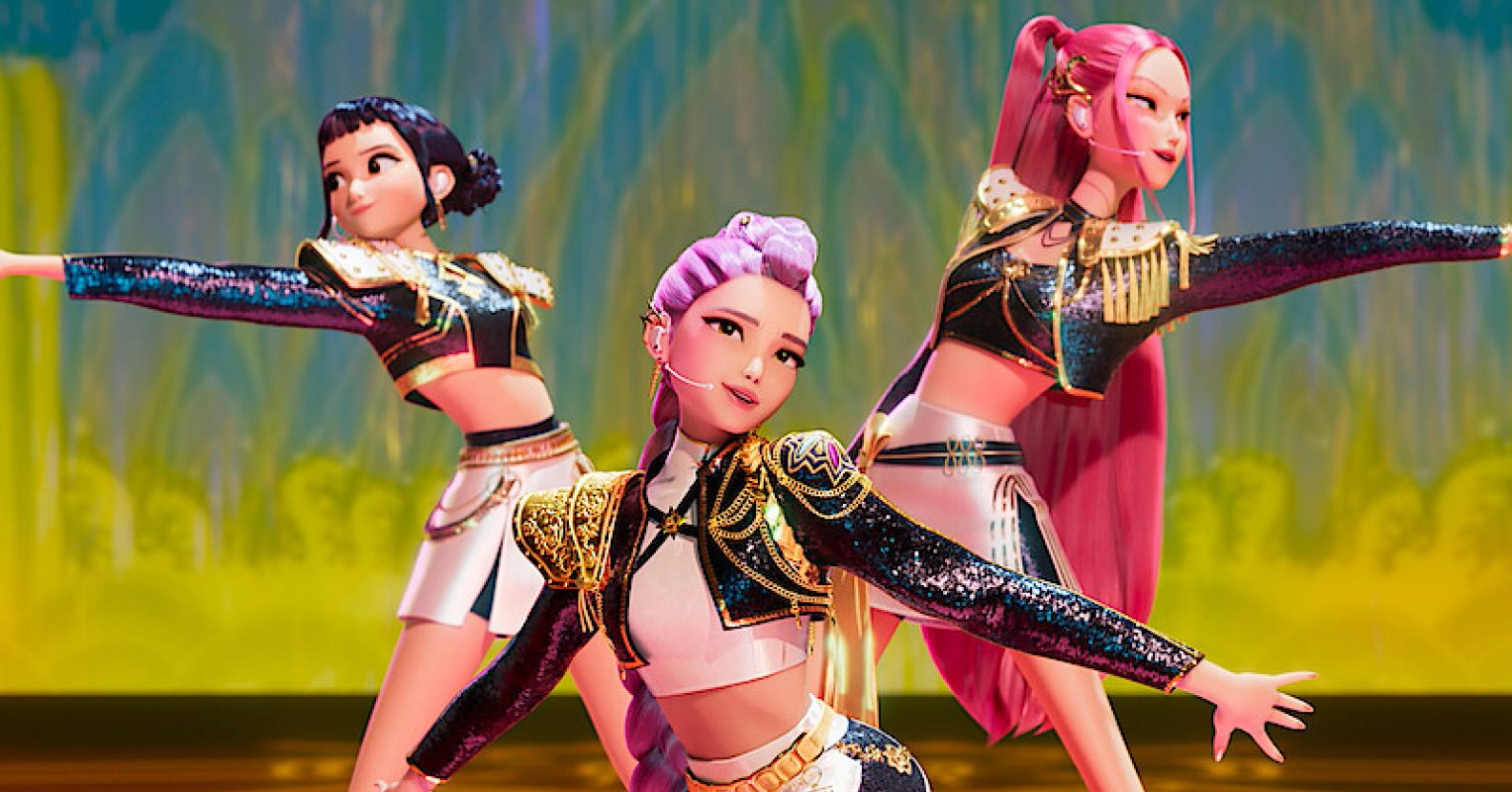
"KPop Demon Hunters offers a storyline about a K-pop girl band that also acts as demon slayers, providing depth and cultural nuance that's enjoyable for families."
"Rumi's struggle with hidden patterns denoting her demonic lineage resonates with viewers who face challenges in hiding their true selves in society."
"Reflecting on my journey with K-pop, I recall my high school experience where I introduced Korean music to my American friends, blending my cultural identities."
"Navigating cultural adaptation as a 1.5 generation Korean American, I found Rumi's character relatable, symbolizing the personal journey of reconciling different aspects of identity."
KPop Demon Hunters is a family-friendly movie focused on a K-pop girl band that also acts as demon hunters, featuring characters that depict meaningful and relatable struggles. Rumi, one of the main characters, struggles with hidden patterns on her body that signify her demonic heritage, mirroring the experiences of many viewers who hide aspects of their identity. This theme resonates particularly with the Korean American experience, offering a lens through which to explore cultural adaptation, identity, and the blending of influences represented by K-pop music.
Read at Psychology Today
Unable to calculate read time
Collection
[
|
...
]